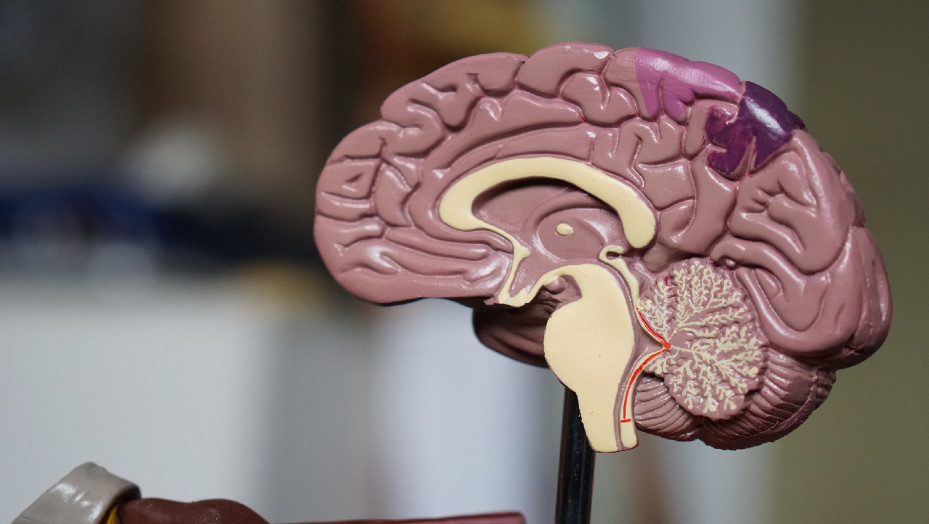Whether you’re a coffee or tea person, both will have effects of caffeine on your body. And let’s be honest – coffee or tea is not just a drink. There’s a whole industry and, you could even say, culture built around it.
Just imagine Audrey Hepburn in a smart dress holding a takeaway coffee mug and a muffin, the bad guys from Pulp Fiction. After all, there is even a whole film where coffee plays an important role – Jim Jarmusch’s Coffee and Cigarettes from 2003.
We invite our friends to meet us “for coffee”. Both coffee and tea drinkers have their own special ways of making their favourite drink. Some like it to a ritual. But what’s behind the caffeine? Is it our friend or enemy? Or maybe both? In this article, let’s find out what are effects of caffeine to the human body.
Caffeine – stimulant

Caffeine stimulates the central nervous system, helping to maintain alertness. It blocks adenosine, which calms our bodies. Caffeine ‘releases’ adrenaline and glucose, which boost energy levels. There have been several studies showing that caffeine is also useful for physical work. It increases the body’s endurance but does not give extra strength.
Caffeine increases blood pressure and increases heart rate. Some people who are more sensitive to this substance may develop palpitations. However, coffee or tea should not be seen as a miracle cure for low blood pressure.
Stimulating the nervous system may improve, for example, concentration or reaction. At the same time, this effect will be felt more by those who do not consume caffeine on a daily basis. Those who drink coffee as a daily activity are unlikely to feel any improvement at all.
Caffeine stays in our body for a while

We all know someone who seems to live off coffee. Maybe that’s you. Caffeine – coffee, coca-cola or tea – is often used to ‘perk up’ an otherwise sleepy or tired body. However, this invigoration can turn into a vicious cycle. If we think of our body as a home, caffeine is almost a long-term ‘tenant’.
Caffeine is present in the body for a considerable period of time – around ten hours. 5-6 hours after taking caffeine, at least half is still in your body. What does this mean? Most commonly, sleep disturbance, even if apparently caffeinated beverages are not consumed immediately ‘before sleep’.
If a cup of coffee is drunk at 3 pm, chances are that 50% of the caffeine is still in the body at 10 pm. Sleep, especially deep sleep, is important for the brain and body to recover and cope with the day’s information, but caffeine can seriously interfere with these ‘recovery’ processes. Inadequate sleep is often the cause of daytime tiredness.
Does this mean that caffeine is a scary drug to avoid at all costs? No, but it can be harmful if consumed recklessly, so it’s best to consume caffeinated drinks in the morning.
Effects on mental health

The effects of caffeine on mental health are not clear-cut. Studies have shown that people who consume caffeine daily have a 50% lower risk of suicide than non-caffeinated people. Caffeine can improve mood and productivity.
However, at the same time, too much caffeine can increase anxiety and panic attacks. People prone to anxiety or psychosis should stick to low doses of caffeine.
Reduces the risk of various diseases

There are several diseases for which caffeine prevents the risk. Studies have shown that drinking caffeine reduces the risk of Alzheimer’s disease and dementia by 65%. Even in older people who are beginning to show symptoms of dementia, caffeine can help to ‘slow down’ the progression of the disease.
Caffeine also reduces the risk of Parkinson’s disease, a common nervous disorder. Moderate caffeine intake can also help protect against type 2 diabetes, stroke and various cancers.
Boosts metabolism

There are several ways to speed up your metabolism. And one of them is caffeine. It acts as a metabolic accelerator within three hours of caffeine intake. Although caffeine affects metabolism, it is not a magic wand that will make the extra kilos melt away. As with the other benefits of caffeine, the body gets used to caffeine quite quickly, so metabolism is not boosted in the long term.
There is another type of coffee – green coffee. It is produced from uncooked beans. Green coffee differs slightly from traditional coffee in taste and aroma. Because the beans are not roasted, they do not lose their chlorogenic acid. Chlorogenic acid reduces carbohydrate and glucose intake.
In summary, effects of caffeine can be both good and bad. Within normal limits, caffeine can provide many benefits.
